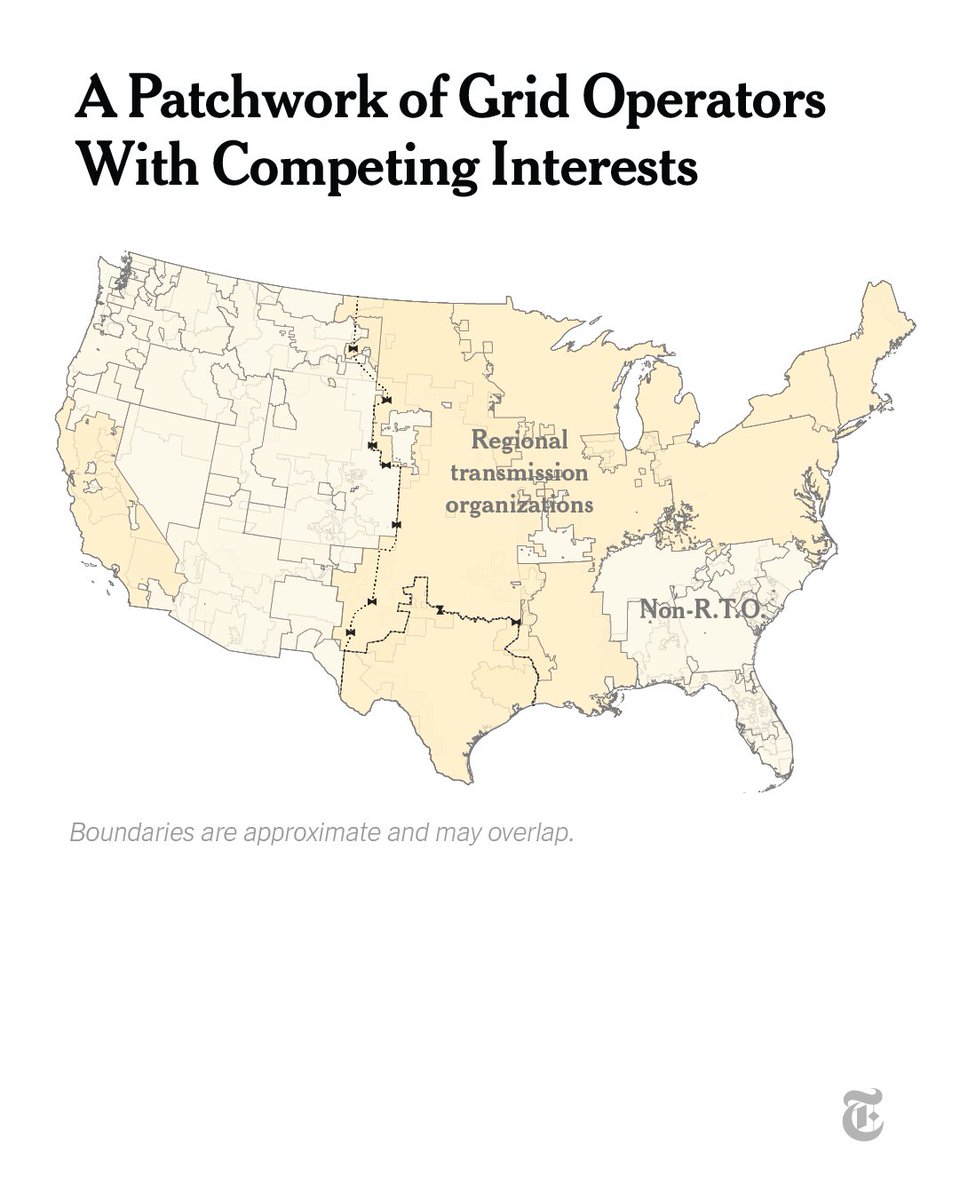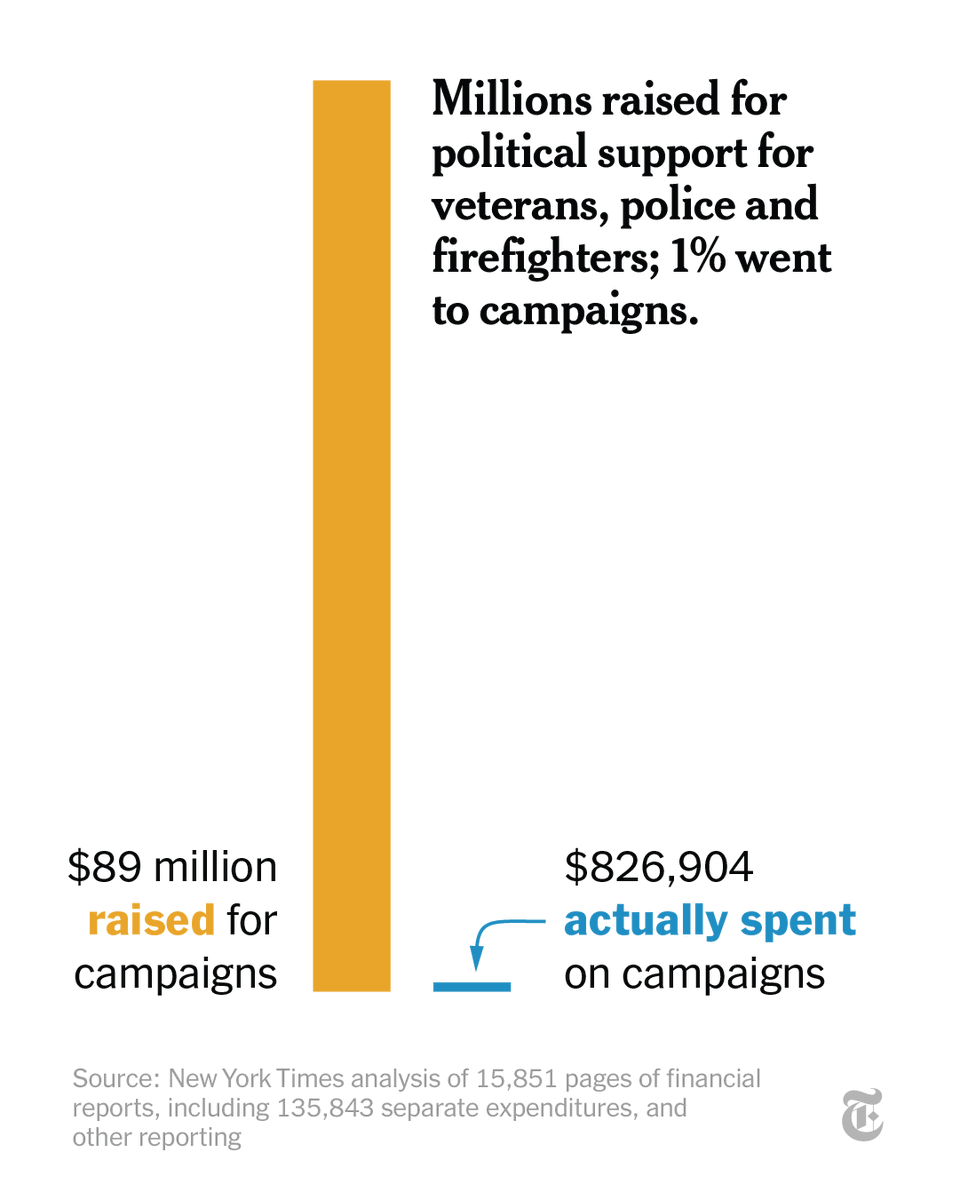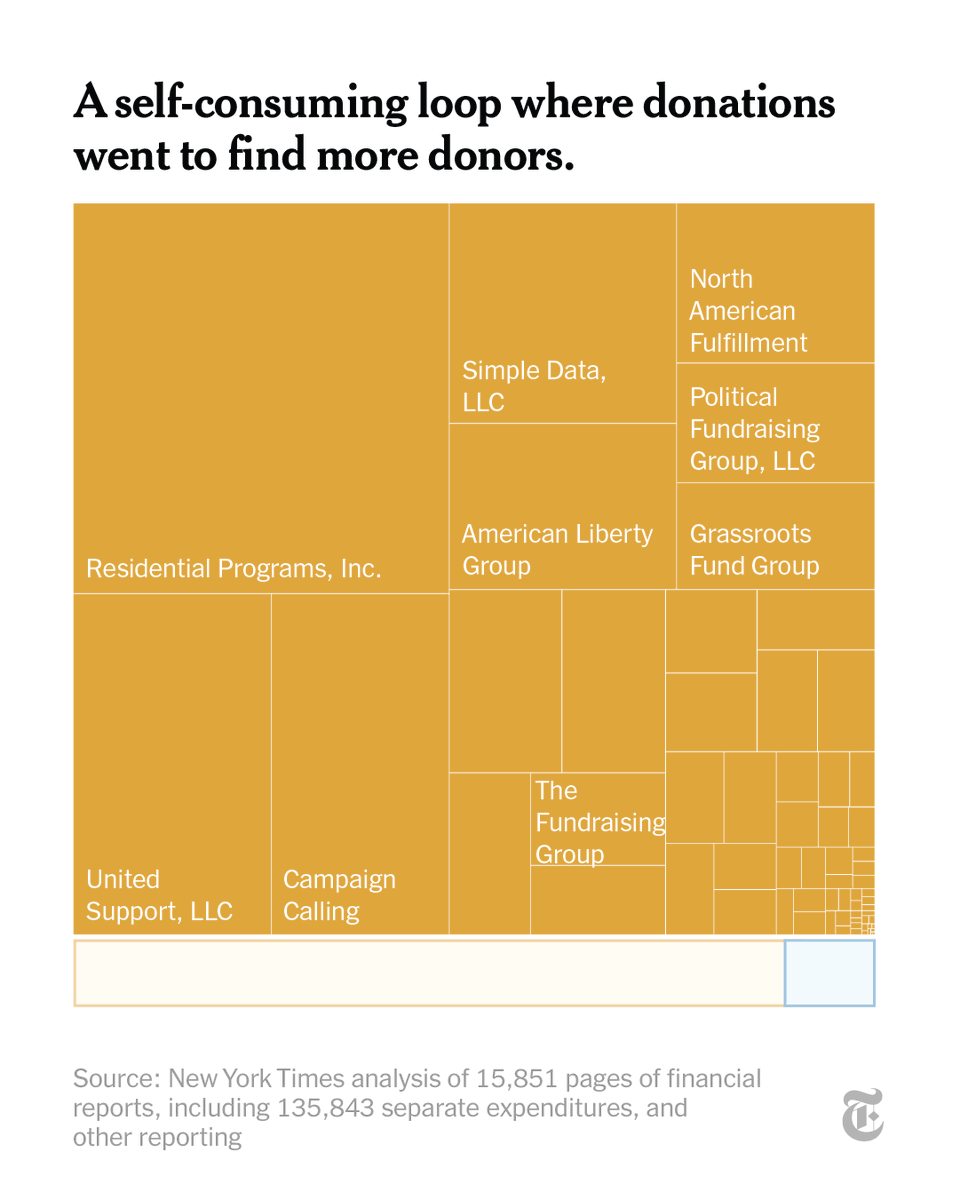The Trump administration has quietly made it easier for cities to keep dumping raw sewage into rivers by letting them delay or change previously mandated upgrades to their sewer systems.
nyti.ms/2TWthzc
nyti.ms/2TWthzc
Cities have long complained about the cost of meeting federal requirements to upgrade sewer systems, many of which release untreated waste into waterways during heavy rains — a problem that climate change worsens. These complaints gained traction with the Trump administration.
The actions are the latest example of the Trump administration’s efforts to roll back at least 95 environmental rules that it has said are too costly for industry or taxpayers.
nyti.ms/2TTtnrj
nyti.ms/2TTtnrj
That list of environmental rules being rolled back by President Trump grew on Thursday, when the administration stripped clean-water protections from wetlands, streams and other waterways.
nyti.ms/38EOuBI
nyti.ms/38EOuBI
• • •
Missing some Tweet in this thread? You can try to
force a refresh















